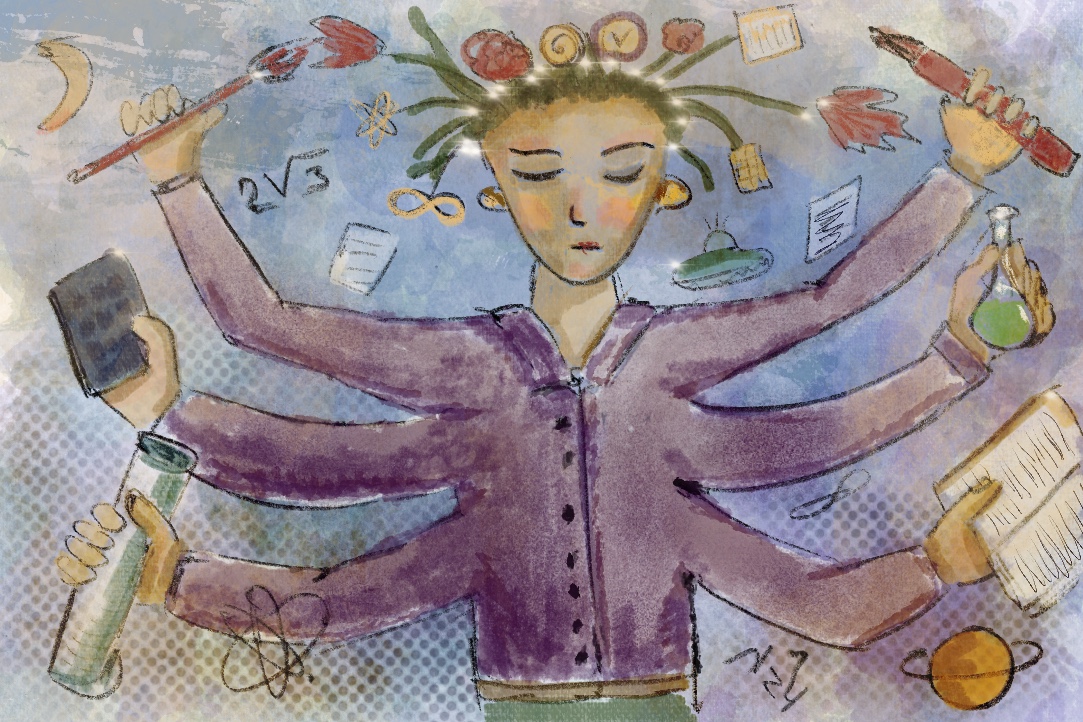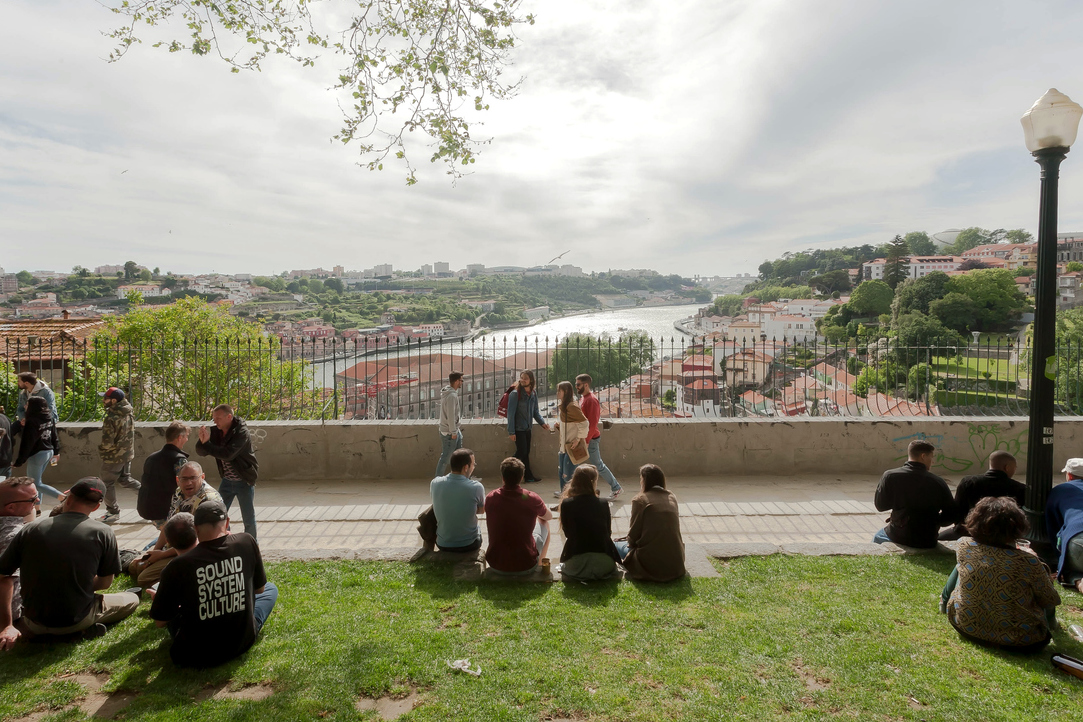
Mothers of Three and More Children Face Career Struggles
Well-educated women having three or more children often try to return to work after maternity leave but face penalties for motherhood and 'overqualification', as potential employers offer them lower paid, lower-ranking jobs and treat them as second-rate employees. Some mothers of many children choose to leave the labour market altogether. A paper by Zlata Dorofeeva, Research Fellow of the HSE Institute for Social Policy's Centre for Longitudinal Studies, offers an insight into the career struggles faced by mothers of many children in Russia.

Assessment of Universal Competences: New Approaches to Assessing Soft Skills
In order to remain competitive in the labour market, university graduates must be proficient not only in professional knowledge and skills, but also in a set of universal competences (UC). However, higher education systems face problems in assessing such competences due to a lack of developed approaches and methodologies. A report released by the HSE Institute of Education, ‘An Assessment of Universal Competences as Higher Education Learning Outcomes’, analyses the ways in which these challenges have been addressed in both Russia and abroad.

University Salaries Show Poor Correlation with Academic Achievements
In 2012, many universities started signing incentive contracts with their staff in order to stimulate research and active inclusion in the global academic market. Together with orders issued by Russia’s president in May, this has led to growth in university salaries. But exactly which responsibilities increase pay — teaching, research or administrative work? The answer to this question will help improve the effective contract system to make it profitable both for teachers and universities.

Life Satisfaction among Young People Linked to Collectivism
The values of collectivism remain important for young people. They promote a sense of loyalty to family and a willingness to accept support from loved ones. Young people who value mutual assistance and a close relationship with others are more satisfied with life, regardless of whether they belong to a collectivist or individualist type of culture.

Twelve Trends Among Contemporary Russian Women
Every year, HSE University carries out dozens of studies on women’s lifestyles, behaviours, and changes in family, social, and economic status in Russia. IQ.HSE editors have selected the most essential trends revealed by these studies about Russian women today.

Online Platforms Prove to Be Effective in Helping People in Russia Who Use Drugs
The pandemic has increased opportunities to reduce harm resulting from drug use. Against the backdrop of quarantine measures in Russia, an increase in the active development of work through online platforms with people who use drugs has begun. The available results have already demonstrated their effectiveness.

No Illusion, No Fear: How Carcinophobia, Popular Myths and Poor Doctor-patient Communication Hinder the Fight against Cancer in Russia
Cancer is a disease surrounded by myths. Misinformation can lead to disastrous consequences when people wait too long to get screened and learn their diagnosis only at an advanced stage, facing a shortened healthy lifespan and an early death. Therefore, screening for prevention and early diagnosis of cancer should become a routine practice, according to participants of the roundtable 'From Carcinophobia to Oncology Awareness' held by the HSE Project Team 'Oncology and agency deficits: Russians' autonomous self-care practices in the context of a crisis in biomedicine'.

Choosing to Study in Russia: Why Do International Students Choose Russian Universities?
Most international students in Russia come from CIS countries, or former Soviet republics in Central Asia, the Caucasus, and Eastern Europe. The preserved social and cultural links promote this, as well as students’ good command of Russian. Students from outside the former Soviet Union come to Russia primarily due to economic reasons and the strong reputation of Russia’s leading universities. At the same time, however, they often see Russia as an unsafe country and consider it a backup plan.

Planning for Babies: How Many Children Russian Families Would Like to Have
Over the past quarter-century, the socially accepted reproductive norm has hardly changed in Russia: most people still believe that two children per family is the ideal. The reality, however, is more diverse, and both largeand childfree families are increasingly commonplace. A new study by HSE demographers looks at changes in public opinion in Russia between 1995 and 2019 concerning the optimal number of children in the family.

Almost Half of Russians Suffer from Loneliness
In Russia, 43.1% of the adult population experiences loneliness. This share is comprised mostly of older people, but quite often young people as well. At each age, loneliness is experienced in its own way, and at certain times it becomes especially painful.


Deadline for applications to present academic reports - January 20, 2025